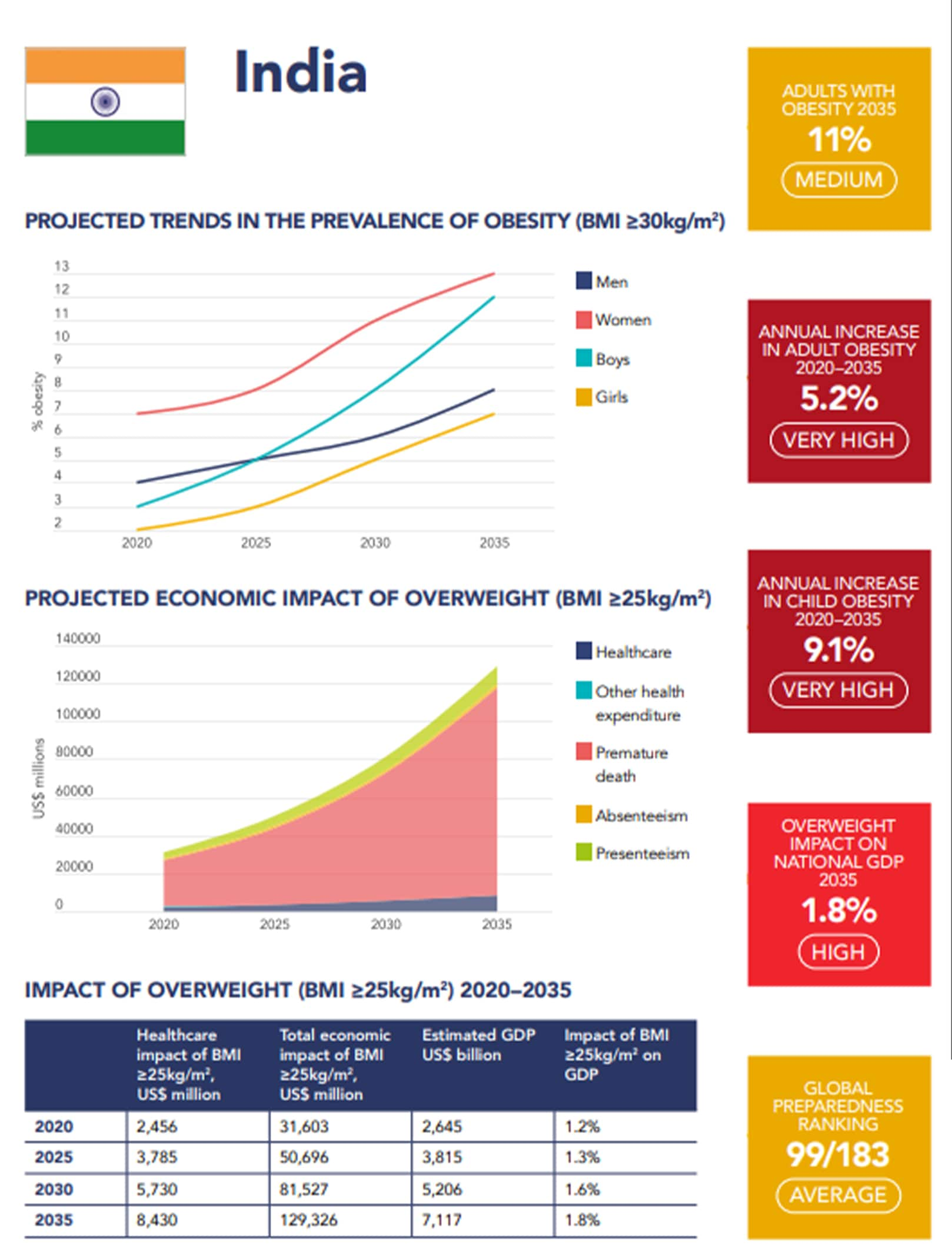The relationship between alcohol consumption and cancer risk has garnered increasing attention in recent years, with numerous studies indicating a clear connection. Alcohol is classified as a carcinogen by the International Agency for Research on Cancer (IARC), which is part of the World Health Organization (WHO). This classification underscores the importance of understanding how alcohol can contribute to the development of cancer and what individuals can do to mitigate their risk.
One of the primary mechanisms through which alcohol increases cancer risk is its metabolism in the body. When alcohol is consumed, it is metabolized into acetaldehyde, a toxic compound that can damage DNA and proteins. This damage can lead to mutations that may initiate the process of cancer development. Additionally, alcohol can impair the body’s ability to absorb essential nutrients, such as folate, which plays a crucial role in DNA synthesis and repair. A deficiency in these nutrients can further increase the likelihood of cancerous changes in cells.
Research has identified several types of cancer that are particularly associated with alcohol consumption. These include breast cancer, liver cancer, colorectal cancer, and esophageal cancer, among others. For instance, studies have shown that women who consume alcohol regularly have a higher risk of developing breast cancer, with the risk increasing with the amount of alcohol consumed. Similarly, heavy drinking is a well-established risk factor for liver cancer, particularly in individuals with pre-existing liver conditions such as cirrhosis.
The risk associated with alcohol consumption is not limited to heavy drinkers. Even moderate alcohol intake has been linked to an increased risk of certain cancers. The definition of moderate drinking can vary, but it is generally considered to be up to one drink per day for women and up to two drinks per day for men. However, it is important to note that the risk is cumulative; therefore, individuals who consume alcohol regularly, even in moderate amounts, may still face an elevated risk compared to non-drinkers.
In addition to the direct effects of alcohol on cancer risk, there are other factors to consider. Alcohol consumption is often associated with certain lifestyle choices that can also contribute to cancer risk, such as poor diet, lack of physical activity, and tobacco use. These factors can compound the effects of alcohol, making it essential for individuals to adopt a holistic approach to their health.
To reduce the risk of cancer associated with alcohol consumption, health experts recommend several strategies. First and foremost, individuals should consider limiting their alcohol intake. For those who choose to drink, moderation is key. Additionally, individuals should focus on maintaining a balanced diet rich in fruits, vegetables, and whole grains, which can provide essential nutrients that support overall health and may help mitigate some of the risks associated with alcohol.
Regular physical activity is another important factor in reducing cancer risk. Engaging in regular exercise can help maintain a healthy weight, improve overall well-being, and reduce the risk of several types of cancer. Furthermore, individuals should avoid smoking and limit exposure to other known carcinogens, as these factors can further increase cancer risk.
It is also crucial for individuals to stay informed about their health and engage in regular screenings for cancer, especially if they have a family history of the disease or other risk factors. Early detection can significantly improve treatment outcomes and survival rates for many types of cancer.
In conclusion, the link between alcohol consumption and cancer risk is well-established, with evidence indicating that both heavy and moderate drinking can contribute to the development of various cancers. Understanding the mechanisms behind this association and adopting strategies to reduce alcohol intake and promote a healthy lifestyle can play a vital role in mitigating cancer risk. As research continues to evolve, it is essential for individuals to remain informed and proactive about their health choices.


